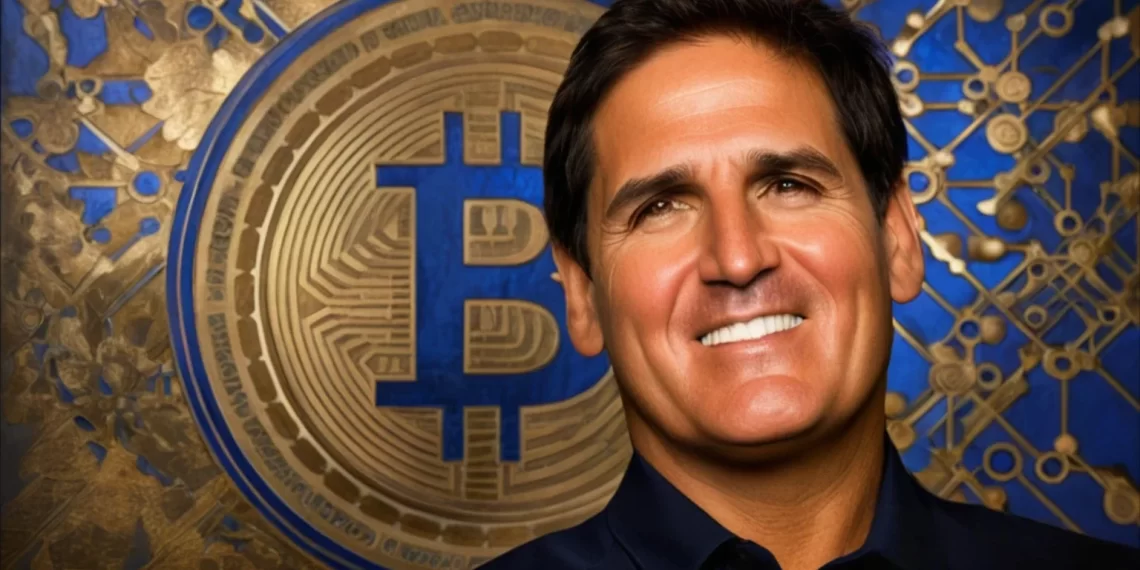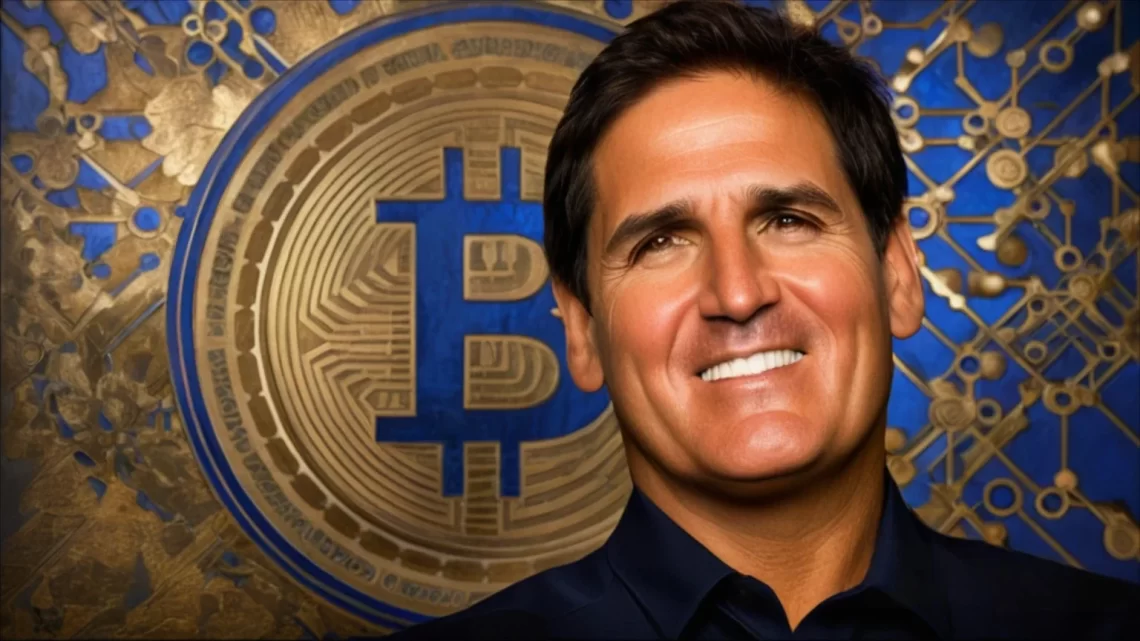Recently, billionaire Mark Cuban publicly expressed his support for digital assets and criticized the U.S. Securities and Exchange Commission (SEC) for its approach to regulating the cryptocurrency industry. He suggested that the SEC and the current Biden administration should take cues from Japan regarding crypto rules.
Japan Should Lead The SEC in Crypto Regulations
Entrepreneur and investor Mark Cuban has appealed to Congressmen in the United States to learn from Japan’s cryptocurrency regulations. Cuban questioned why the U.S. Securities and Exchange Commission (SEC) maintains strict laws that make it difficult for cryptocurrency businesses to grow domestically. In contrast, Japan fully embraces cryptocurrencies in tweets directed at Senate and House Democrats
Cuban underlined the importance of cryptocurrencies worldwide and expressed worry that if innovation in this field is suppressed in the U.S., the country could stay caught up. He emphasized Japan’s aggressive steps to cut fraud. He proposed that the U.S. market may gain from adopting comparable regulatory concepts.
Furthermore, Cuban slammed the SEC for what he regards as institutional inadequacies, stating that the regulatory body’s failures extend beyond the bitcoin sphere. He pointed out inconsistencies in the SEC’s management of traditional stock markets, including instances of fraud and institutional breaches.
Cuban’s statements underline the significance of legislative clarity and support for technical improvements to build a healthy innovation and investment environment.
Japan to Benefits From Crypto Innovation
Japan has currently authorized the trade of 65 tokens for cryptocurrencies. One of his fans questioned Mark Cuban about which of these tokens resulted in a game-changing application. He added that one of the largest cryptocurrency bankruptcies, the Mt. Gox meltdown, occurred in Japan.
Cuban responded to this by highlighting Japan’s proactive actions post-Mt. Gox, which led to revised laws protecting stakeholders. Conversely, Cuban criticized the SEC for its failure to learn from Mt. Gox, accusing it of inefficiency in policy updates. Instead, the SEC relies on registration processes, falsely assuring investor protection. Instances like the FTX debacle and the Madoff case illustrate the SEC’s reactive strategy. Cuban lauded Japan’s regulatory framework, fostering innovation and allowing entrepreneurs to profit from groundbreaking ideas. Regrettably, the SEC’s failure to create an innovation-friendly atmosphere contrasts sharply with the US’s history of technical achievements.

























